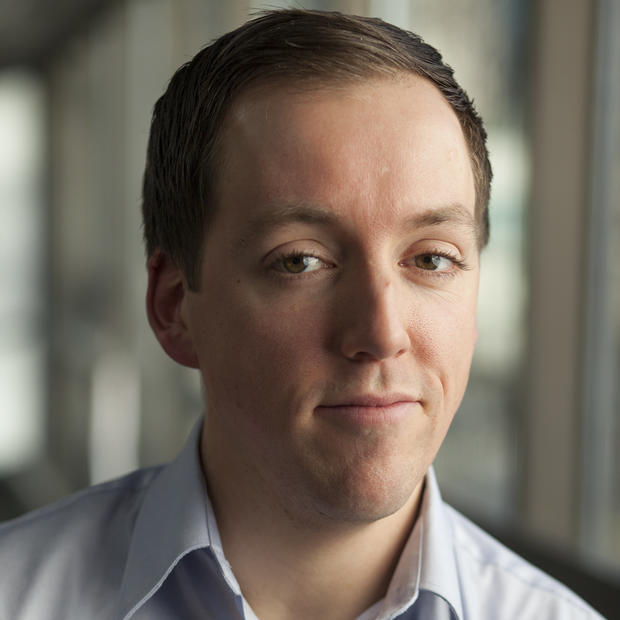A bill that would impose mandatory sentences on any juvenile caught illegally carrying a gun is drawing criticism from affiliates of two of the nation's largest lobbying organizations.
Both the National Rifle Association and the American Civil Liberties Union have voiced objections to the measure — House Bill 1096 — on the grounds that it takes too much control out of judges' hands. While the NRA is asking only for amendments to the bill, the ACLU wants it thrown out, and has said it will rally organizations and lawmakers against it. The bill, sponsored by Rep. Christopher Hurst, is scheduled to have a public hearing today (Feb. 5) before the House Judiciary Committee.
Shankar Narayan, the ACLU Washington legislative director, said defeating the bill was a top priority for the organization.
"Mandatory sentencing is off the table for us," Narayan said. "We don't think that's fixable.
Currently, Washington law allows juveniles to be caught with guns up to five times before facing mandatory jail time. Critics have widely criticized the current standard for being too lax, and for contributing to recent gun violence in the state, particularly in Seattle.
With an even number of Republicans and Democrats among its 10 co-signers, the bill has been widely portrayed as a relatively sure thing in an otherwise divided legislature. After speaking to the House Judiciary Committee in support of the bill last week, King County Prosecutor Dan Satterberg said the measure's popularity was demonstrated by the fact that both Washington gun control group Ceasefire and pro-gun lobby Citizens Committee for the Right to Keep and Bear Arms were behind the bill.
Mandating that youths spend 10 days in juvenile detention would be worse than doing nothing, Narayan said, because it would harden teens by putting them in an environment filled with other criminal youth, including gang members. The money for the bill — estimated to add just under $1 million per year in jail and parole costs — would be better spent on prevention.
"If you get to the point where a kid has picked up a gun and is walking down the street, " Narayan said, "something has already gone seriously seriously awry in that kid's life."
National Rifle Association lobbyist and representative Brian Judy took a softer stance, saying his organization supports the idea behind the bill and stiff punishment for gun crime, but that the bill goes too far.
Current state law allows youths to carry or have guns in some instances, like hunting, or at a target range. Judy said his primary concern with the bill was that adding a mandatory sentence would create the potential for overly severe punishments in some cases. Ten days' confinement would be too much, for example, for a youth who forgot to take a gun out of his or her trunk after returning from a shooting range and was caught with it the next day, Judy said.
Still, Judy said, the NRA supports the bill in general, and had only asked that judges be given discretion in sentencing the first offense of a youth with no criminal record.
"Start hammering them on the second [offense]," Judy said. "But let the court maintain some discretion."
Ralph Fascitelli, president of Washington Ceasefire, a gun control group that worked with Hurst and Satterberg to craft the legislation, said he knows the bill won't fix gun crime in Washington, but that it was an important first step.
"Right now this is probably the most achievable, because it has support from both sides," Fascitelli said. "Let's do what's achievable."
Fascitelli also acknowledged the risk of hardening some youths, but said it was a risk worth taking to send the message that carrying a gun has consequences.
This story has been updated since it first appeared to correct group positions.


